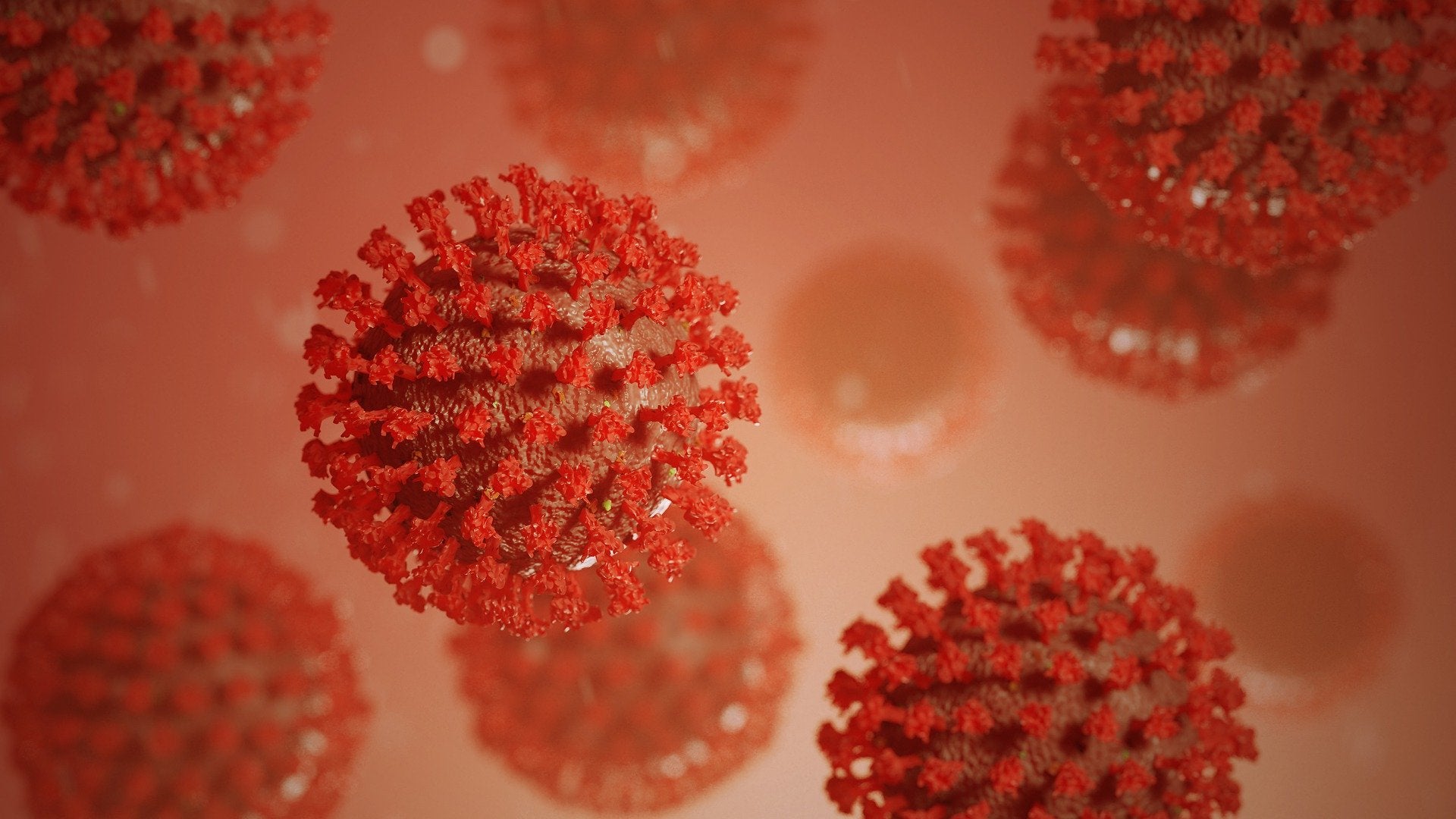
I-Mab has reported positive interim results from the Phase II/III trial of plonmarlimab (TJM2 or TJ003234) to treat cytokine release syndrome (CRS) in severe Covid-19 patients in the US.
Discovered and developed by I-Mab, plonmarlimab is a neutralising antibody that targets a cytokine called human granulocyte-macrophage colony-stimulating factor (GM-CSF), which is involved in inflammation.

Discover B2B Marketing That Performs
Combine business intelligence and editorial excellence to reach engaged professionals across 36 leading media platforms.
The drug attaches to and hinders GM-CSF from binding to its receptor, to prevent downstream signalling and target cell activation for CRS prevention and treatment.
The ongoing, double-blind, placebo-controlled, randomised Phase II/III trial is assessing the therapeutic role of plonmarlimab in patients with severe Covid-19.
The objective of the trial is to establish safety, efficacy and effects on cytokine levels induced by a single dose of 6mg/kg of plonmarlimab compared to placebo.
According to the preliminary interim analysis data, 83.6% of subjects receiving plonmarlimab had an increased mechanical ventilation free (MVF) rate versus 76.7% in the placebo arm by day 30.

US Tariffs are shifting - will you react or anticipate?
Don’t let policy changes catch you off guard. Stay proactive with real-time data and expert analysis.
By GlobalDataFurthermore, the drug lowered mortality rate, with 4.9% and 13.3% noted in the plonmarlimab and placebo arms, respectively, by day 30.
Subjects receiving the treatment had increased recovery rates and lower time to recovery and time in hospital as against those on placebo.
I-Mab noted that the degree of the clinical improvements was in line with those seen with lenzilumab in a similar subject population.
A decline in plasma levels of major pro-inflammatory cytokines and chemokines linked to CRS was noted in subjects in the plonmarlimab arm versus the placebo arm.
Biomarker data were similar to the reported clinical data. In addition, a transient rise in neutrophil to lymphocyte ratio (NLR) related to disease aggravation was seen only in the placebo group.
In the trial, plonmarlimab was well-tolerated in all subjects without any substantial safety issues.
I-Mab CEO Dr Joan Shen said: “Plonmarlimab has shown very promising results from the interim data analysis in our Phase II/III trial, and we intend to continue advancing the study in the US at this critical juncture of the Covid-19 pandemic and continue exploring other clinical opportunities associated with CRS.”
In March last year, I-Mab announced plans to develop TJM2 for the treatment of cytokine storm caused due to severe and critical Covid-19 infection.





